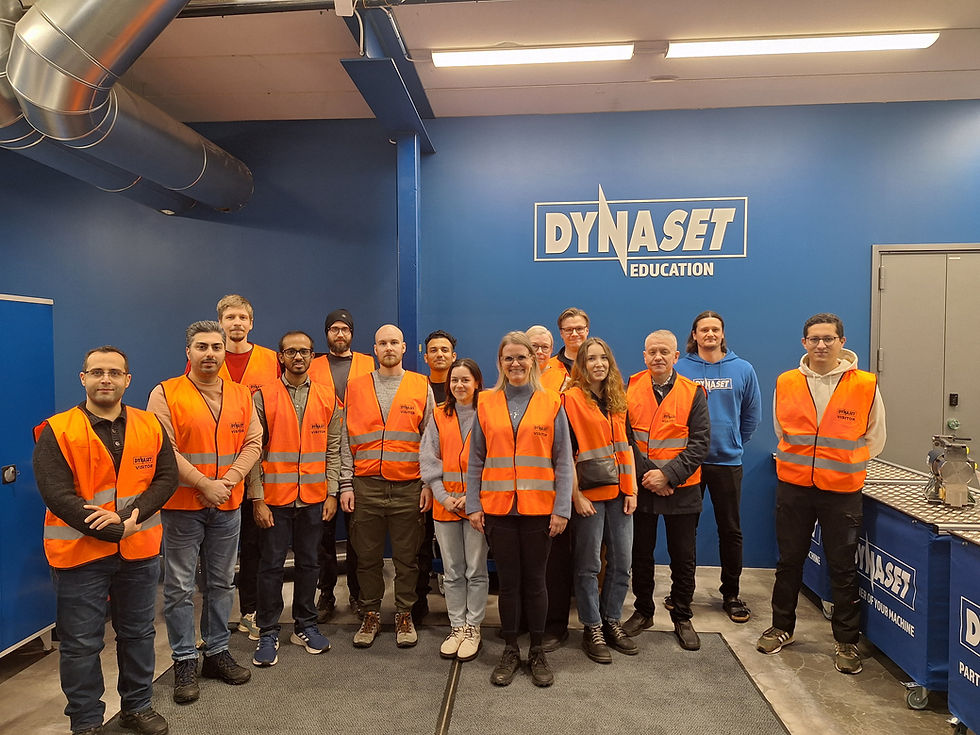Forget everything you have learned in doctoral school – Now it’s all about personality
- Jenni Räikkönen
- Oct 18, 2021
- 2 min read
Have you ever wondered why the same experts always get the spotlight? Do we not have any other expert on European issues than Timo Miettinen? Could we, for a change, get someone else to tell us about the most recent terrorist attack than Leena Malkki?
Yes, we have and yes, we could, but these people, in addition to knowing what they are talking about, are approachable, likeable, and there.

These experts that always seem to appear on the morning show do not hesitate to give their thoughts on the newest event, even if they have not had time to research it properly. They know that it’s still likely they know quite a lot more than the viewers of the show.
They are ready to tell us what they know. And they are not condescending when the interviewer asks a question that they think is irrelevant or even “stupid”. They answer it with a straight face, knowing that it would not be a good idea to make the interviewer feel threatened.
We, as early-career researchers, have been told to focus on the details and the substance when writing about our research. When preparing a manuscript for peer review, we try our best to make sure there are no holes in the article that the infamous “Reviewer 2” could use against us. However, if you want to make it to the headlines, instead of focusing on the details, you should make yourself appear likeable and interesting, at least if we are to trust the opinions of Prof. Matti Apunen, who has lots of experience in newspaper and broadcasting industry.
According to Prof. Apunen, the personality of the researcher is important when journalists think about who to interview next. There are lots of experts in Finland that never get their 15 minutes.
That is not because their research does not matter or because they are not smart enough. It’s just easy to call the person they know already. And when working in a hectic environment, with deadlines fast approaching, the journalists are likely to contact the person that they know will answer the call and give short answers that are easily formulated into a headline.
Hence, a tip for young researchers: if you have expertise in a topical issue, call the journalists yourself. Tell them what you know and don’t be afraid to generalize. Newspapers are not scientific publications. The most important thing is to give people a better understanding of what is happening. They don’t want to know every little detail.
Respect the journalists and let your personality show. With a likeable personality, you can get the next call.
Jenni Räikkönen, Doctoral researcher
Faculty of Information Technology and Communication Sciences
Photo: Canva



